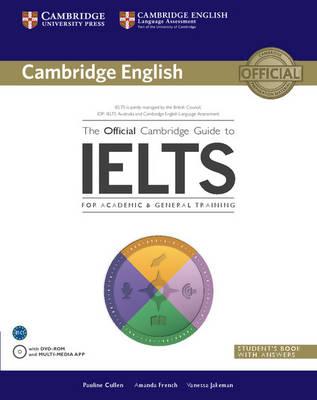Relationality: An Emergent Politics of Life Beyond the Human
Now:
AED 87.00 Inclusive of VAT
 Free Delivery
Free Delivery Only 5 left in stock
Only 5 left in stock Free Delivery
Free Delivery Only 5 left in stock
Only 5 left in stock
Get it by 8 - 13 Feb

Earn 5% cashback with the Mashreq noon Credit Card. Apply now




1
Free delivery on Lockers & Pickup Points
Learn more
Enjoy hassle free returns with this offer.

Item as Described
70%
Partner Since
7+ YearsSpecifications
| Publisher | BY |
| ISBN 13 | 9781350225961 |
| ISBN 10 | 1350225967 |
| Author | Arturo Escobar |
| Language | English |
| Book Description | This important new book argues that at the root of the contemporary crisis of climate, energy, food, inequality, and meaning is a certain core presupposition that structures the ways in which we live, think, act and design: the assumption o |
| About the Author | Arturo Escobar is Professor Emeritus of Anthropology at the University of North Carolina, Chapel Hill, USA. His main interests are political ecology, ontological design, and the anthropology of globalization, social movements, and technoscience. He is the author of Designs for the Pluriverse (2018), and is engaged in transition design projects in Colombia.Michal Osterweil is Teaching Associate Professor in Global Studies at the University of North Carolina, Chapel Hill, USA. She is also a radical homemaker and community actionist. Her main areas of interest are social movements, new theories/imaginaries of social change and the intersection of knowledge production, epistemology and change work.Kriti Sharma is a Postdoctoral Scholar in microbial ecology in the division of Geology and Planetary Sciences at the California Institute of Technology, USA She is the author of Interdependence: Biology and Beyond (2015). Her main interests are microbiology and microbial ecology, philosophy and social sciences of biology, and ontology and metaphysics.Clive Dilnot is professor of Design Studies at Parsons The New School for Design, New York, USA. Recent publications include Ethics? Design? (2005) and the text for Chris Killip: Pirelli Work (2007).Eduardo Staszowski is associate professor of Design Strategies at Parsons School of Design, and Director of the Parsons DESIS Lab, New York, USA. He is the co-editor of the Designing in Dark Times series and of the book Designing in Dark Times: An Arendtian Lexicon (Bloomsbury 2020). |
| Publication Date | 13 June 2024 |
| Number of Pages | 232 pages |
Relationality: An Emergent Politics of Life Beyond the Human
Added to cart
Cart Total AED 87.00


























































































































